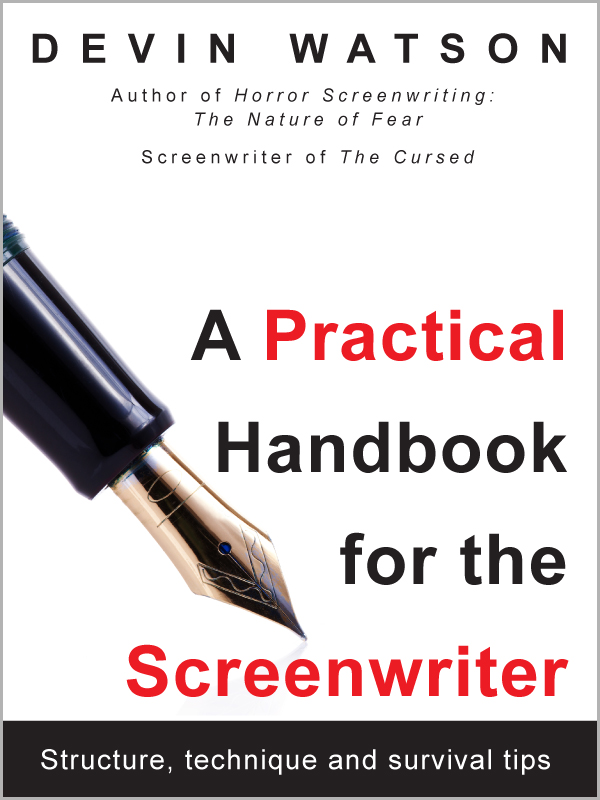I had originally written this as some advice to a young filmmaker who’d asked what being a producer is. The e-mails have been edited together and cleaned up for clarity.
The first thing you should recognize is what it is to be a producer. A producer is one of the few people that follows a film through all phases of production. Producers are shepherds of a project. They are also ultimately responsible for ensuring its completion to investors and are putting their own reputations on the line by saying, “I believe this film is a worthwhile business endeavor that will also result in something entertaining.”
Here is what you can expect.
Off the set, you’re going to be interfacing with investors almost every single day. Producers are the only ones generally allowed to talk with investors. That is unless the investors want to talk to someone specific, but that can undermine the authority of the producer.
On the set, you’re going to be father-confessor, troubleshooter, and mediator. People will come to you with their problems because there’s no one higher in the production hierarchy.
Unless you have a Director that you completely trust, you’re going to end up butting heads. Expect it to happen. If it gets to the point where there are those so-called “creative differences” with individuals, you’ll end up having to also handle the unpleasant task of firing somebody. Hope for the best but expect to have to do that and to also justify the decision to your investors (if you have any).
There’s a few rules of thumb that will help you out in producing.
1. Hire keys that you trust and keep communication flowing both ways. Trusting is paramount as you will not be able to constantly oversee and micromanage everything they do, nor would you want to. You have to trust that these keys will perform as expected.
2. Never be afraid to delegate to others. Producing is a very challenging job without delegation. The first person you should be delegating to is the Line Producer aka Unit Production Manager. The titles are interchangeable. On a large, multi-unit shoot you’ll most likely have a Line Producer for the production that has multiple UPMs that answer to him or her.
A good Line Producer is like your right-hand man that makes sure the production runs as it should every day. They help relieve you of some of the major burdens and are second only to you in terms of authority. A good LP worth their salt is also very hard to find.
3. The other keys you want to look into hiring as early as possible in pre-production are Director and DP. I will say this from experience: do not hire a Director sight unseen. Ask them how they think the script should be shot before hiring them. Have them show you how they would do it through storyboards or even rough sketches.
Most likely the Director will have a DP in mind that will bring their vision of the story to the screen. Many times they are a match set. You’ll have to balance the decision based on your budget in this case.
Be wary of Directors who want to “change the script just a little.” A few little changes here, a few more there, and suddenly the buddy cop script you sold your investor on is now about an alien invasion on a rutabega farm.
4. You can never have enough PAs. They can help you do things simply by being there and having a lot more hands available. Also, don’t treat them like dirt. They are unsung heros of this industry and most of them go unpaid doing some of the most demeaning tasks imaginable on a day-to-day basis.
5. Never let PA interns drive production vehicles. On 2 productions so far they have managed to damage them. Have a designated (and hopefully professional) driver handle those vehicles. This should be one of those rules you maintain steadfast.
6. Always remember that as Producer you are the ultimate (and final) authority on set. Do not try to let anyone else take control of the project from you, either the Director, DP, co-producers, anyone. Some will try to take advantage of you; don’t give them an inch. You can be diplomatic about it but also firm.
7. If you are uncertain of your choice of Director, before hiring them (and signing a contract) put them through an audition. Make them give you a good reason or set of reasons as to why they would be a good choice. A hint: just because they made a lot of money on a certain film prior to yours does not guarantee anything. Especially now.





